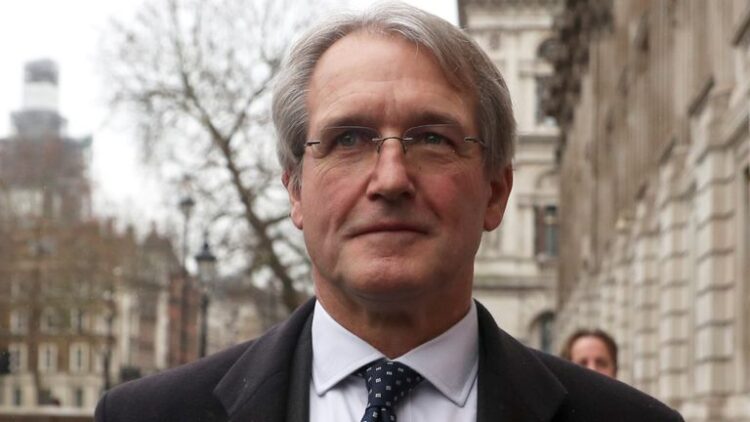By Ben Kerrigan-
The decision to suspend the punishment decided by Parliamentary Commissioner, Kathryn Stone to Conservative Owen Paterson is shameful.
This is the first time that the Commons has rejected a recommendation from its own disciplinary committee to suspend an MP for misconduct, and critics claim the vote could bring the standards regime that has been in place for MPs since the cash for questions scandal in the 1990s.
A committee is now being set up to consider a new system, and to decide whether the Paterson case needs to be reviewed, but opposition parties say they will boycott it .
The former minister was found to have misused his position as an MP to benefit two companies he worked for.
Owen argued that the probe into his conduct was unfair, and his Tory allies proposed changing the system.
Labour, the SNP and Lib Dems voted against the plans, along with 13 Conservative MPs.
However, those votes were outweighed by 18 votes after a heated Commons debate.
The announcement of the result was rightly met with cries of “shame” from some MPs.
Recommendation
Parliamentary Standards Commissioner Kathryn Stone last month recommended Mr Paterson be suspended from the Commons for 30 days, after a damning report into his conduct by a committee of MPs.
The report said the former Northern Ireland secretary had breached Commons lobbying rules by making approaches to government bodies ministers about Randox and Lynn’s Country Foods, which employed him as a paid consultant.
Ahead of the vote, the committee’s Labour chairman Chris Bryant told MPs that Mr Paterson had lobbied ministers “time and again, in a way that conferred a direct benefit on his paying clients”.
“That is expressly forbidden. It is a corrupt practice,” he added.
He said Mr Paterson was given “every opportunity” to put his case across – and his case was heard “respectfully and fairly”.
The committee found that the North Shropshire MP had used his parliamentary office on 16 occasions for meetings relating to his outside business interests and sent two letters relating to business interests on House of Commons headed notepaper.
It described the MP’s actions as “an egregious case of paid advocacy”.
Mr Paterson, a former Northern Ireland minister, denied any wrongdoing, and argued his approaches were within the rules because he was seeking to alert ministers to defects in safety regulations.
He said the investigation was “a major contributory factor” in the death of his wife, Rose, who took her own life last year.
Owen said he was found guilty “without being spoken to” and that “no proper investigation was undertaken”.
On Wednesday, MPs debated whether the recommended 30 day suspension for Mr Paterson should be enforced, with allies of Mr Paterson proposing a new committee to look at how investigations are carried out.
Prime Minister Boris Johnson backed the proposed shake-up of the rules and ordered his MPs to vote for MP Andrea Leadsom’s motion, ensuring it was carried.




